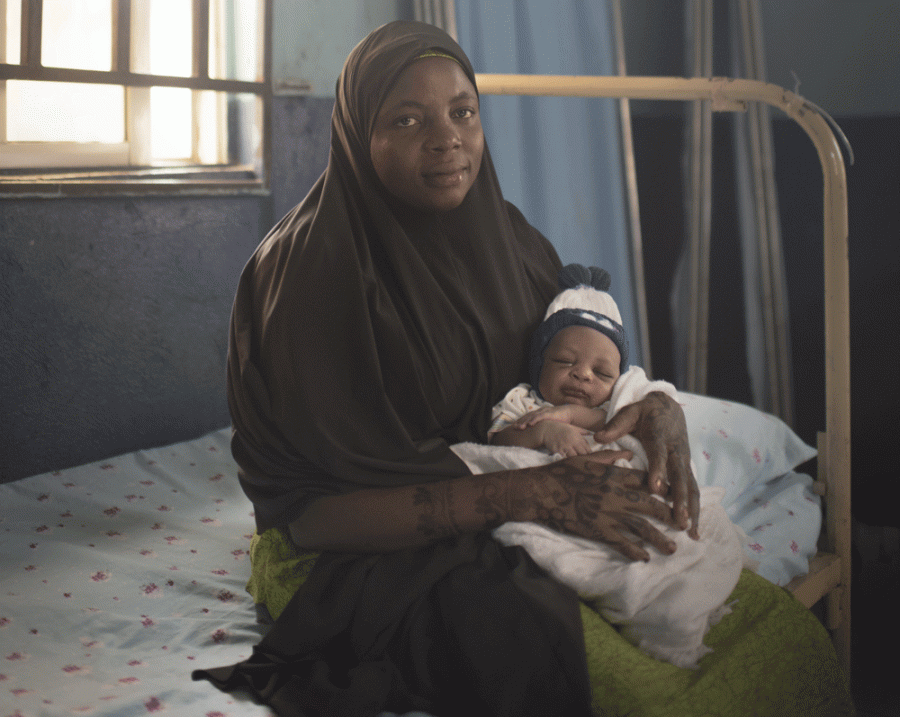
The lack of care for mothers who have just given birth in a health facility poses a serious health threat to the wellbeing of women across sub-Saharan Africa. A study in PLOS Medicine published by an international team of experts reveals that a reported three in 10 mothers in over 30 countries in the region do not receive a health check before being discharged from a health facility - the proportion being even higher in countries such as eSwatini and Chad.
This is shocking, authors say, given that most maternal deaths occur around the time of birth or shortly thereafter. The study was conducted by researchers of the Institute of Tropical Medicine (ITM) in Antwerp, the London School of Hygiene & Tropical Medicine (LSHTM) in London, the Guttmacher Institute in New York and the World Health Organization (WHO) in Geneva.
Due to continuing and successful global pressure, an increasing number of women globally give birth in health care facilities. After giving birth, however, mothers don't always seem to receive the care they need. This is particularly the case in sub-Saharan African countries where the levels of maternal and neonatal mortality are the highest in the world despite rapid increases in facility-based childbirth. The postpartum phase is critical in the lives of mothers and newborn babies, thus appropriate care after birth has the potential to avert a substantial proportion of maternal mortality.
Senior author Oona Campbell, Professor of Epidemiology and Reproductive Health at LSHTM, said: "In settings where women stay in the childbirth facility only five to six hours after having a baby, it's critical that they receive a routine postpartum check before they are discharged, and that postpartum care is continued after leaving the facility. What we are witnessing now, is that the quality of postpartum care that women receive after giving birth is below standards."
Dr Lenka Benova, ITM researcher and first author of study, added: "It's encouraging that more women are choosing to give birth in health facilities particularly because lifesaving medical interventions such as caesarean sections and blood transfusions cannot be done in a home setting."
Prof Cambell and Dr Benova published a study in 2016 revealing that women in low- and middle-income countries leave health care facilities hours after giving birth.
In this new study, the researchers analysed postpartum care from over 130,000 women who delivered a baby, keeping risk factors such as caesarean sections into account.
In 2013, WHO published the most recent recommendations on postnatal care for mothers and newborns. These address, amongst others, the numbers and places of postnatal contacts, the assessment of mothers and newborns in order to detect complications, and the content of postnatal care up to six weeks after birth. These recommendations are currently being updated.
Dr Etienne Langlois, one of the contributing authors from WHO, said: "We often see that, as soon as a woman has given birth, the attention concerning health care shifts away from her. In light of the ongoing postnatal care recommendation update by WHO, the findings of this study provide crucial evidence for highlighting the importance of and need for high-quality postnatal care for both neonates and mothers in health facilities."
The authors say that over the years we have understood the critical importance of quality of care during pregnancy and the process of giving birth, but it is crucial to also care for new mothers after they have given birth. They note that women have been taken out of their homes and introduced to health care facilities, so now it's our responsibility to make sure they get the care they need by closely monitoring what happens in the hours, days and weeks after giving birth.






